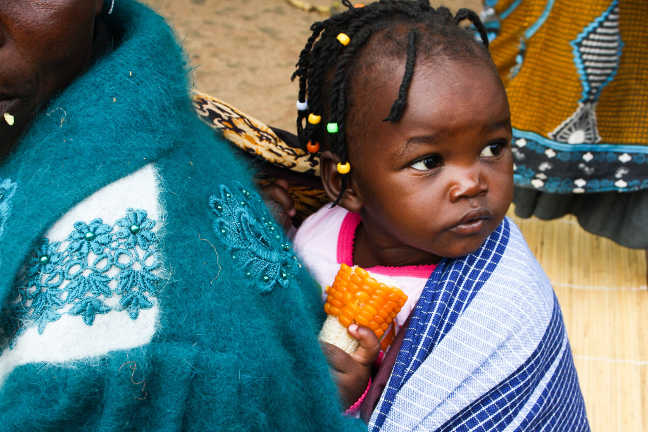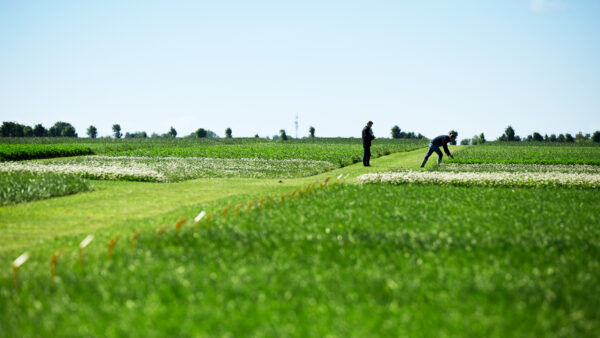Countries outside the European Union are deciding for themselves whether or not they want to grow genetically modified crops.
That was one of the many messages last week at biotech seminar titled “The Impact of Biotechnology on the Developing World: Agriculture, Nutrition, and the Environment” organized by the U.S. Mission in Geneva at World Trade Organization headquarters.
Tony Lambino , head of communications, International Rice Research Institute (IRRI) in Los Baños, Philippines, spoke about the second green revolution in rice, including biotechnology, nutrition, and climate-smart technology diffusion in developing countries.
Lambino said that, for an institute such as IRRI, the choice whether to go for a GM or non-GM approach depended on whether the trait was available in the crop or not.
East African Highland bananas are a staple food for the large population in Africa, but the crop is troubled by many diseases, according to Andrew Kiggundu, head of the Biotechnology Research Center at the National Agricultural Research Organization (NARO), Kampala, Uganda.
He spoke about biotechnology’s potential to impact the livelihood of producers on the African continent. He added that NARO in Uganda had started to develop GM varieties of this species, and that the biotech approach has great potential in improving this important food-crop.
The social and environmental impact of biotech cotton on small scale agriculture in India was also highlighted by C.D. Mayee, president, Indian Society for Cotton Improvement (ISCI) and South Asia Biotechnology Center (SABC) in Nagpur, India.
Mayee discussed the social and environmental impact of biotech cotton on small scale agriculture in India. He highlighted the many positive changes that had taken place since the introduction of Bt cotton in India. The country has tripled its national cotton production, and is now the largest exporter of high-quality cotton. Studies have shown that there were no adverse effects on flora and fauna, and insecticide sprays have been reduced by more than half.
Finally, Matina Tsalavouta, head of communications and public engagement at Rothamsted Research in the United Kingdom, shined a light on the issue of public engagement in biotech research with implications for agricultural biotechnology research in the developing world.
Tsalavouta shared with the audience the results of two experiments that had been carried out at Rothamsted Research, one with GM wheat and one with GM camelina. The GM wheat trials had not delivered what they had hoped for, namely a more aphid-resistant wheat variety.
The organization nonetheless has decided to publish widely and transparently about the experiment. The results of the GM camelina can be expected in the course of 2015. Rothamsted Research has also been engaging widely with stakeholders and the general public about its experiments.
The seminar suggested that countries outside the EU are less worried about concerns over biotech.













